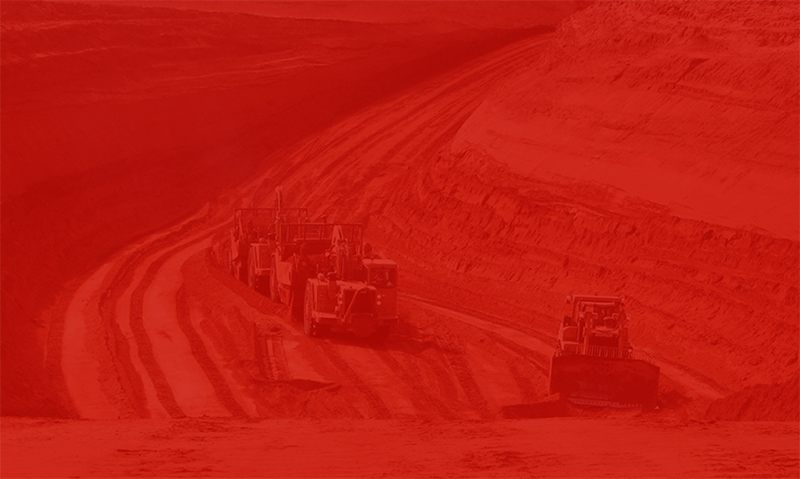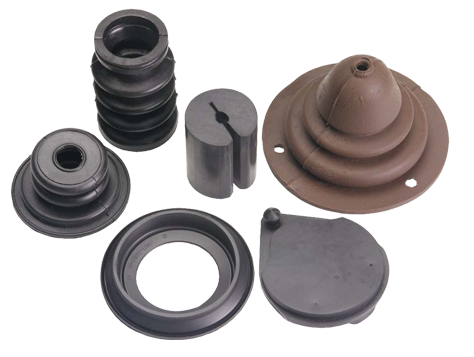Introduction to Rubber Gaskets
Rubber gaskets play a critical role in the chemical industry, providing a vital barrier that prevents leaks and protects equipment from exposure to hazardous chemicals. The durability, flexibility, and chemical resistance of rubber gaskets make them essential for safely handling and processing chemicals, ensuring that industrial processes run smoothly without contamination or safety hazards.
In environments where exposure to aggressive chemicals, extreme temperatures, and high pressure are common, the right gasket can make a significant difference in operational safety and efficiency.
Why Rubber Gaskets Are Essential in the Chemical Industry
In the chemical industry, equipment and pipelines handle various liquids, gases, and corrosive chemicals that can compromise seals and cause leaks. Rubber gaskets provide the necessary seal integrity to contain these materials, preventing leaks that could result in costly downtime, environmental hazards, and potential health risks.
Rubber gaskets offer excellent resistance to chemicals, especially when using materials like Viton, EPDM, and silicone that maintain their integrity under harsh conditions. Additionally, rubber’s elasticity allows it to adapt to slight deformations in equipment, maintaining a tight seal and preventing leaks over time.
Key Material Selection for Chemical Resistance
Choosing the right rubber compound is crucial in the chemical industry, where exposure to different chemicals, high pressures, and temperatures requires specialized materials. Viton, a fluoroelastomer, is renowned for its resistance to aggressive chemicals and high temperatures, making it ideal for gaskets used in chemical processing.
EPDM rubber is another popular choice, known for its excellent resistance to ozone, UV, and weather, as well as moderate resistance to chemicals. Silicone rubber is also valuable due to its heat resistance and flexibility, although its chemical resistance is generally lower than that of Viton or EPDM. Choosing the correct rubber compound based on chemical exposure and operating conditions is key to achieving a reliable seal.
Arucoworld’s Expertise in Chemical-Resistant Gaskets
Arucoworld specializes in manufacturing gaskets that meet the stringent demands of the chemical industry. Our product range includes high-performance gaskets made from premium materials like Viton, EPDM, and silicone, each selected for its ability to withstand chemical exposure, temperature extremes, and mechanical stresses.
Our advanced manufacturing processes ensure that each gasket is precisely crafted to meet industry specifications. Arucoworld’s commitment to quality and performance allows us to deliver gaskets that contribute to safe, efficient operations in chemical processing and containment.
Challenges in Gasket Design for Chemical Applications
Designing gaskets for chemical applications poses unique challenges. Rubber gaskets must resist degradation from chemical exposure, as well as withstand extreme pressures and temperature fluctuations. Rubber’s permeability can also be a concern, as some chemicals may slowly diffuse through the gasket material, compromising its performance over time.
To address these challenges, Arucoworld uses advanced rubber formulations specifically designed to enhance chemical resistance and reduce permeability. Our gaskets undergo rigorous testing to ensure they perform reliably under the demands of chemical processing environments.
Applications of Rubber Gaskets in Chemical Processing
Rubber gaskets are used in various chemical processing applications, from sealing pipes and valves to serving as barriers in reactors and storage tanks. They are essential in any application where leaks or contamination could pose significant risks, providing a flexible, durable seal that ensures safety and efficiency.
Gaskets are also critical in transfer systems, where they prevent leaks as chemicals move from one container to another. These applications demand gaskets that can endure temperature fluctuations and chemical exposure without failing.
Future Trends in Gasket Technology
As environmental regulations and safety standards become stricter, the chemical industry continues to seek gaskets that offer improved durability, chemical resistance, and environmental safety. New rubber formulations and innovative manufacturing techniques are likely to play a significant role in meeting these demands.
Automation in gasket production, as well as improvements in materials science, is set to enhance the consistency and quality of rubber gaskets. Additionally, advanced sealing technologies may introduce self-healing materials that can automatically seal minor damage, further increasing gasket longevity and reliability.
Conclusion
Rubber gaskets are indispensable in the chemical industry, providing reliable seals that ensure safety, efficiency, and environmental protection. At Arucoworld, we are committed to supplying chemical-resistant gaskets that meet the high standards of the industry, offering robust, high-quality solutions for challenging applications.
With a focus on quality, performance, and innovation, Arucoworld’s gaskets support safe and effective operations, helping our clients achieve the highest levels of productivity and reliability in their processes.






